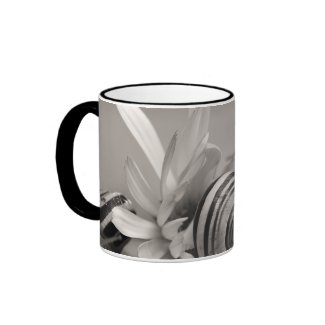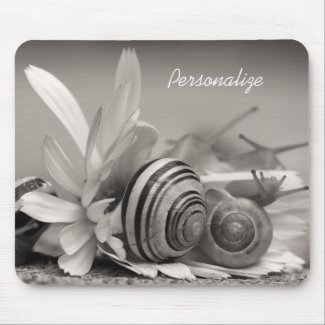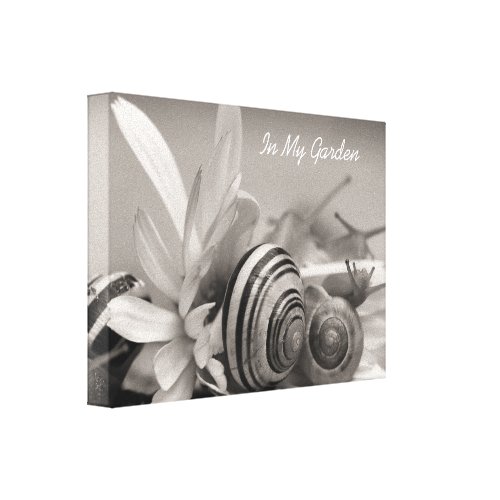Have you ever taken a photograph that you’ve instantly
fallen in love with? I know I have. A photographer, whether professional or amateur,
is conscious of more than just the object they are photographing. Sometimes you
are not even photographing the object in front of you; you are photographing
the mood, ambiance, or even the emotion of a scene. When other photographers look
at it they oftentimes will see exactly what it was you were trying to convey.
When I took this photograph, I was so pleased with how it
turned out. I fell in love with how the light made these rose petals seem to
glow. They seemed to me almost transparent and fragile against such a
dramatically dark background. Of course I wanted to share it with others. What better
way to do it than turn it into a greeting card.
I submitted it and waited as patiently as I could for it to
be released to the public. After nearly six weeks of waiting as the reviewers
deliberated the fate of my card, the email with their decision finally came—DECLINED!
My jaw dropped to the floor, “But I was so proud of this
photograph!” I thought. I was told the
petal in the foreground was out of focus and didn’t meet the standards for a
good greeting card. The photographer in me argued, “But that petal SHOULD be out
of focus. This is a photograph about romantic light—not just about a rose!”
I am not a professional photographer, so I knew I needed
some extra help to see things objectively. Some said my photo was lovely;
others gave me some constructive criticism to improve my skill in photography.
As I processed the information, I made an important
breakthrough:
"A Greeting Card is NOT a Photograph!"
A Greeting Card Designer may
use a photograph as an element in their card, but that is all it is—an element!
Someone purchasing a work of art is buying a ‘technique’. If
it is a photograph, they want it because of what the photographer achieved “in
camera”. On the other hand, someone purchasing a greeting card is purchasing a ‘message.’
They are not interested in how the look was achieved, they are looking for
something to convey their own special message to their recipient.
Once I was finally able to grasp this concept, I started
searching through my old photos for an ‘element’ to add to my greeting card. I
eventually found a picture I had up until that moment considered a scrap photo.
Yes, they were rose petals, but there was no ‘wow’ factor.
That was how the Photographer in me viewed it. But I had to start thinking like a Greeting Card Artist. What was stopping me from changing the background and deepening the
color to give it the mood I was trying to portray?
As I sat down to work, I turned off the inner-photographer
that was berating me for committing this photographic atrocity, and began to tweak,
cut, clone, paste, and patch. I grudgingly admitted it was looking pretty good
. . . but I still preferred my ‘real’ photograph.
Then something magical happened—I added the words. I stared
at the finished product, stunned. It was beautiful! (at least I think so!) I
compared it with the original. To my surprise, there was no comparison. I had just created a ‘Marketable’ greeting
card!
 |
| This has a bit of blur because it's just a screen capture. CLICK HERE to see actual card. |
So the moral of this story is: Rejection of a greeting card
is not the rejection of a photograph. A photograph is not a greeting card—it is
only an element of that card, even if it covers the entire surface!
Now I am off to change the name of my 'junk photo' folder to my 'elements' folder!!
















































